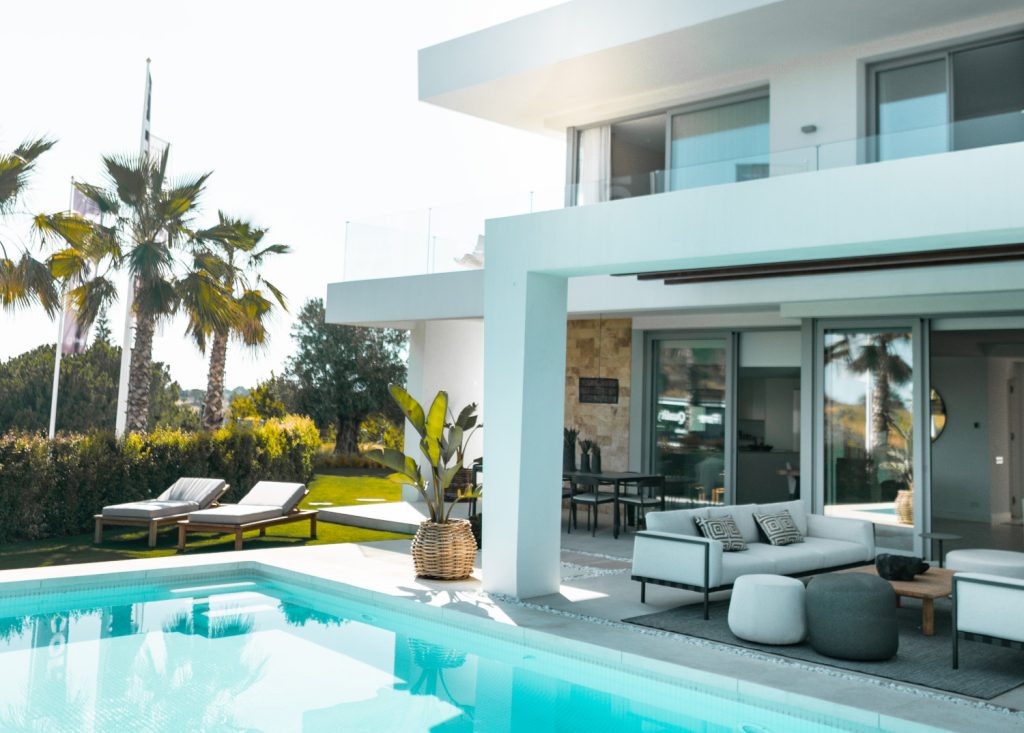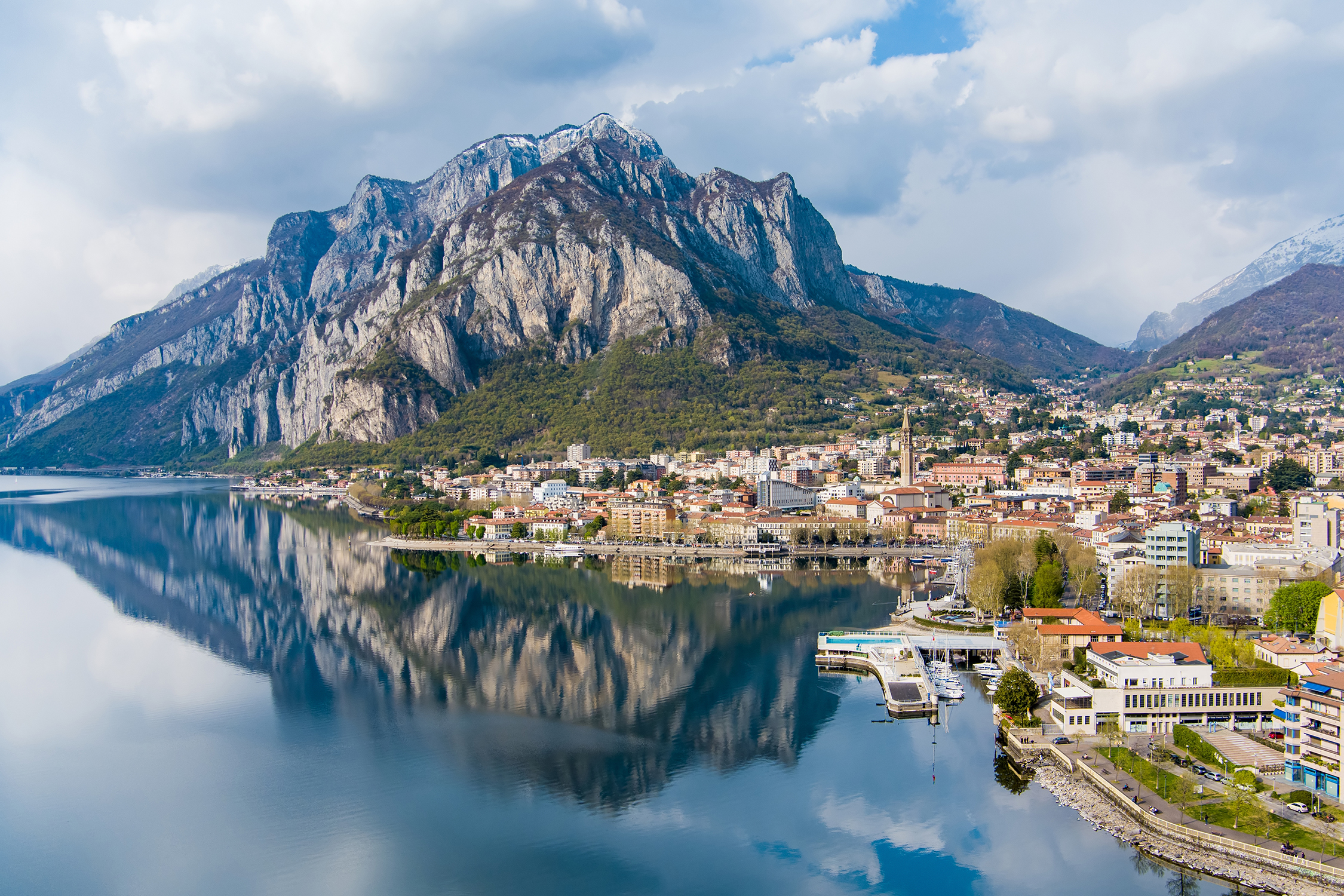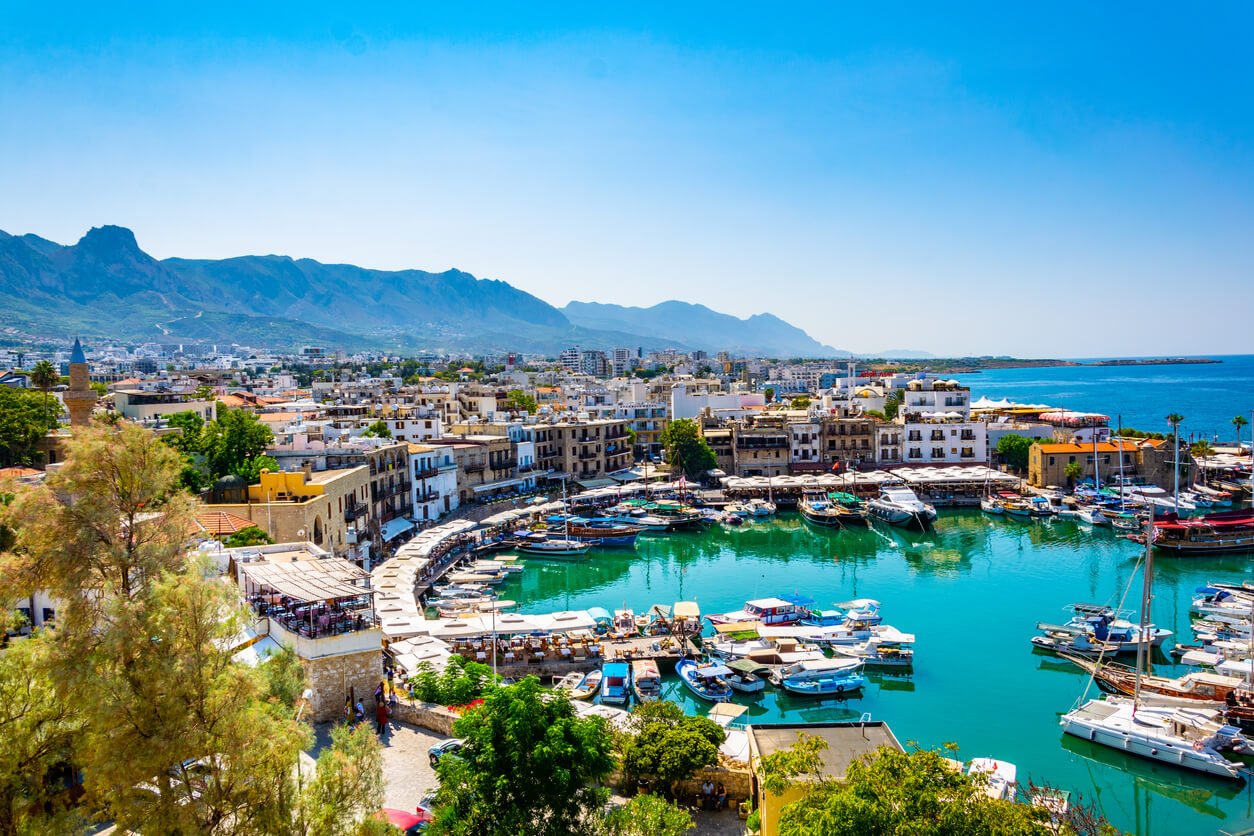
Italy is a popular tourist destination due to its diverse landscapes. Ranging from the cooler hills and mountains of the north to the inland vineyards of Tuscany and the popular beaches of the south, this Mediterranean country offers travellers an enchanting experience.
Add to this the historic city of Rome, Milan the fashion capital and the islands of Sardinia and Sicily and you’ve a vast opportunity for seasonal rentals in Italy.
Whether you want to buy a property in Italy to rent out long-term or use it for part of the year for yourself, it’s important to understand the regulations that govern Italian property rental. If you’re thinking of becoming a property investor in Italy to take advantage of its popularity this article is for you.
The regulations for seasonal rentals
Whilst seasonal rentals offer a great income opportunity it’s important to understand the regulations and abide by the law.
UK tourists were the 5th most popular foreign visitors to Italy in 2023, after Germany (1st), France (2nd), Austria (3rd) and Switzerland (4th).
This may be because of the proximity of the other European countries to Italy, and demonstrates an opportunity for seasonal rentals.
Below are the important points to consider if you wish to rent out your Italian property as a holiday home.

Informing the relevant authorities
Property owners must request permission from the local council (Comune) to rent out their property to ensure they comply with the law. To do this you must submit a Certified Notice of Commencement of Activity (SCIA) which can often be found online on the council’s website.
Once approved you will be issued with an identification code (Tourist Licence) – the key to having permission to rent to tourists. This is known as the CIN code (codice indentificativo di riferimento).
Some authorities may ask you to provide them with details of each guest within 24 hours of their arrival. You may have to supply a copy of their passport (similar to a hotel). This is used to obtain statistics on visitors to Italy.
You also have to provide the police with the information which can be done on the State Police website.
Contracts
If you are renting out your property to tourists for less than 30 days you must supply a short-term contract. This is a legal requirement, although you do not have to submit the contract to the tax authorities.
If the stay is over 30 days (but cannot exceed 90) you must inform the tax authorities.
The contract must include:
- Guest and owner details
- Property information e.g. number of rooms, inventory of furnishings
- Duration of stay and price (including the deposit)
- Services included in the price e.g. pool cleaning, gardening, cleaning, laundry changes
- House rules – rubbish disposal, noise etc.
It is advisable to have the contract signed before the guests arrive to avoid any misunderstanding.

Tourist taxes
As the property owner, it is also your responsibility to collect the local tourist tax and pay it to the council, if they require it. Every region charges a different tax (usually between €1 – €5 per person per day), however, some choose not to. It is more likely that a tourist tax will be charged in cities and larger towns.
In most areas, you are not allowed to rent the property out for more than 30 days. This means, for example, you can´t advertise it as a long-term winter rental for retirees.
One of the key reasons the rules are so strict is to address the housing crisis that is happening all over Europe. This is because rents are escalating rapidly forcing locals out of the market as owners rent to more tourists. However, the rules also aim to help provide a better tourist experience, by encouraging less overcrowding and more maintenance.
The above applies to private rentals, Airbnb’s and if you use a rental agency.
Regional variations
Something to be aware of is that the many different regions of Italy may have different laws when it comes to seasonal rentals. For example, if you’re thinking of offering a city apartment as a long-term rental in Rome the regulations may be different from a villa by the sea in Puglia.
Some key regional variations include:
- Maximum rental periods – certain regions may impose limits on the number of days a property can be rented out per year.
- Guest restrictions – some areas have regulations regarding the number of guests allowed in a property.
- Noise – restrictions on noise levels are common, especially in residential areas.
It is essential you check the regulations where you wish to rent out a property. The best place to start is the local town hall. A useful website is the National Police site, which has a rental accommodation page (in Italian).
Some cities only allow a minimum of 2 nights i.e. a tourist cannot rent a property for 1 night.

Financial considerations of seasonal rentals
Investing in property in Italy and renting it out can be a wise investment, but it is important to consider the finances.
Income generation
- Rental income – the potential income from seasonal rentals depends on factors such as location, property size, amenities, and rental period.
- Occupancy rates – analysing historical data and market trends can help estimate occupancy rates and potential revenue.
- Pricing strategy – setting competitive yet profitable rental rates is essential. Consider factors like seasonality, demand, and local market conditions.
Operating expensives
- Property purchase – the initial investment in the property is a significant upfront cost.
- Property taxes – Italy imposes property taxes, known as “imu” and “tasi”, which vary by region.
- Agency fees – you will have to pay property management fees if you don’t want to manage the seasonal rentals yourself.
- Maintenance and repairs – regular upkeep, including cleaning, repairs, and renovations is essential.
- Utilities – costs for electricity, water, gas, and internet can fluctuate based on usage.
- Insurance – property insurance is essential to protect against damage and liability.
- Legal and accounting fees: professional services for legal and financial matters incur costs.
- Property taxes: understanding the tax implications of seasonal rentals, including income tax and VAT is important.
Tax
If you rent out your home to tourists in Italy you must pay tax on the rental income. This will depend on where you pay your tax normally and you should discuss this with your accountant to ensure you declare the right amount to the right tax authority.
Rental income is subject to taxation at the marginal rate (IRPEF – Imposta sui redditi delle persone fisiche). Alternatively, you can choose a flat-rate taxation of 21% (“flat tax”) or 10% (in certain regions).
Remember that if you employ local cleaners, gardeners, pool cleaners or anyone else to help maintain your property they must be legal workers in Italy.
Marketing and advertising
You can either choose to do the marketing for your holiday home yourself or use a specialised agency. This depends on your experience renting out a seasonal property and the time you have available.
You must include the identification code given to you by the local council in any marketing material you use. This verifies the property is legal for seasonal rentals.
Allocate a budget for marketing and advertising to promote the property and attract holiday rentals. You can use online platforms, social media, rental websites, local advertising, and word-of-mouth to reach potential guests.
How iad Overseas can help you
If you wish to purchase a property specifically to rent out to tourists we can advise you on the best areas and show you suitable properties. Each of our experienced property consultants has vast experience in the local property market and can guide you through the buying process.






